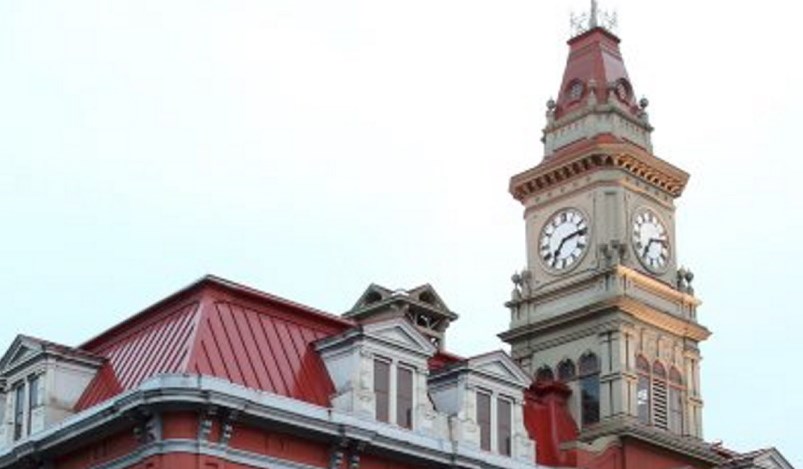The shift of medical health premiums to employers could push Victoria’s overall property tax increase to more than four per cent next year, city staff say
“The proposed overall tax increase is 2.85 per cent excluding the provincial Employer Health Tax. If I add that in, we’re sitting at 4.3 per cent,” Susanne Thompson, Victoria chief financial officer told councillors Thursday.
Mayor Lisa Helps said 4.3 per cent is just a starting point. There will be two months of very in-depth consultation with the public, she said.
“Then we’ll do what we’ve done for the last four years, literally sit down with the big [budget] binders, roll up our sleeves in probably late January and take all of the input and make those trade-offs, those difficult decisions that we were elected to make.”
She said that some of estimated $2.5 million in revenue from new development could be used to offset the tax increase.
The city’s draft financial plan calls for spending of $242.7 million for operations (excluding the impact of the employer health tax) and a $118-million capital budget.
Because the anticipated increase in utilities fees is lower than the tax increase, it brings down the overall average increase.
The average homeowner (with a property assessed at $743,000) can expect property tax and utility increases totalling $127 or 3.76 per cent, say draft budget documents.
That breaks down into $69 for property tax increases, $36 for the employer health tax costs and the balance for utility increases.
The average business (assessed at $585,000) can expect a tax increase of $315 or 4.06 per cent. That breaks down into $194 for property tax increases, $99 for employer-health tax costs and the balance for utilities.
Thompson said a portion of the new health costs can be absorbed within the council tax increase ceiling of no more than inflation plus one per cent.
“So we are out by approximately $1.2 million. The options for council’s consideration on how to manage that are either you can reduce services, you can reduce capital investment or we can use the new tax revenue from new development should council not wish to increase property taxes to fund it.”
Councillors will begin departmental reviews of the budget Nov. 26.



